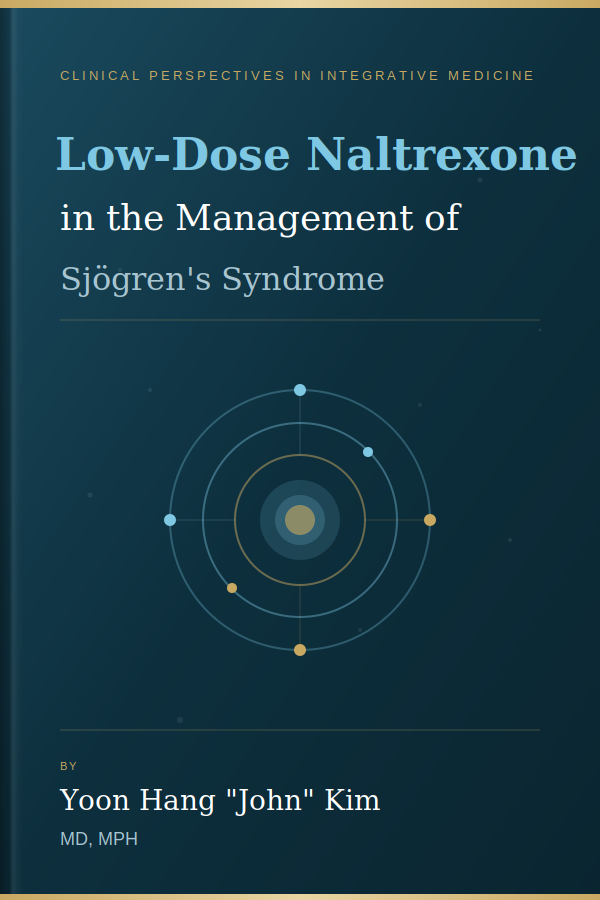Promising New Drug Combo Targets Triple-Negative Breast Cancer
- John Kim

- May 12, 2025
- 1 min read
A novel combination of drugs—an immune checkpoint inhibitor and the anti-parasitic medication ivermectin—has shown powerful results in preclinical research against triple-negative breast cancer, according to a City of Hope study published in npj Breast Cancer.
Triple-negative breast cancer is notoriously hard to treat because it lacks three key proteins (estrogen, progesterone, and HER2 receptors) that are typically targeted by existing therapies. But researchers, led by Dr. Peter P. Lee, discovered that combining anti-PD1 monoclonal antibodies with ivermectin dramatically improved outcomes.
Here’s how it works:
Ivermectin turns "cold tumors" (lacking immune cells) into "hot tumors" by triggering immunogenic cell death, which attracts cancer-fighting T cells.
Once tumors are "hot," checkpoint inhibitors (anti-PD1) can effectively activate the immune system to destroy the cancer.
Individually, these drugs had little effect—but together, they had a powerful, synergistic impact. In animal models, 40–60% of treated subjects completely eradicated their tumors and resisted reintroduction of the cancer.
“This is the first time we can show that by adding an inexpensive, existing drug, we can make breast cancer treatable with immune checkpoint therapy,” said Dr. Lee. “It’s the combination that’s the magic.”
Why this matters:
Anti-PD1 therapies can cost ~$15,000 per dose.
Ivermectin? About $30 per dose.
Both drugs are already FDA-approved and have established safety profiles.
The research also found the combo worked in a wide range of scenarios: before and after tumor surgery, and even against metastatic cancer.
Next step: Testing optimal dosing in preparation for a first-in-human clinical trial.


Comments